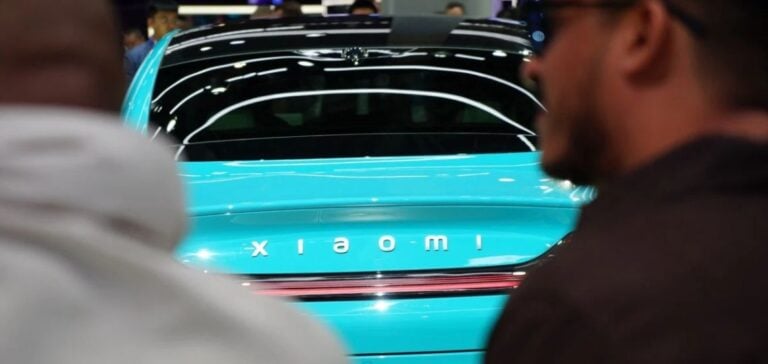Xiaomi enters the electric car market with the launch of the Xiaomi SU7 in China. The launch marks Beijing-based Xiaomi’s ambition to expand its presence in the electric vehicle industry, a field the company had announced it would enter in 2021.
The SU7, a sedan with a sporty look
The Xiaomi SU7, nicknamed “Speed Ultra” 7, is presented as a sedan reminiscent of luxury sports cars. Xiaomi promotes a unique driving experience with a specially designed sound system that “recreates the thrill of driving a sports car”. Xiaomi CEO Lei Jun stressed the importance of this model for the company’s reputation on the X social network (formerly Twitter).
A competitive market and Xiaomi’s challenges
Xiaomi enters a highly competitive Chinese electricity market, where other Chinese companies such as Evergrande NEV have encountered difficulties. Lei Jun expresses confidence despite these precedents, indicating that Xiaomi aims to succeed where others have failed. Although the price of the SU7 has not been officially announced, estimates suggest it could be under 500,000 yuan, placing the car in a very competitive bracket according to Johnson Wan of Jefferies.
Electric Vehicle Market Context in China
The launch of the SU7 comes against a backdrop of record annual profits for BYD, an electric market leader in China, and follows the end of government subsidies for the purchase of electric vehicles in December 2022. These conditions have led to a price war among local manufacturers, putting pressure on profitability while seeking to boost sales in a sluggish economic environment.
Challenges and expectations for Xiaomi
With the SU7, Xiaomi is not only entering a new sector, but also seeking to redefine the standards of performance and affordability for electric vehicles in China. The success of this model could not only reinforce Xiaomi’s position as a major technology player, but also influence the dynamics of competition and innovation in the Chinese electric vehicle market.






















